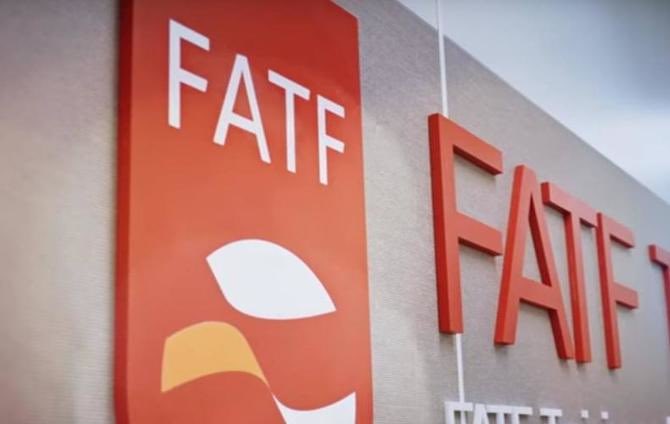The recent announcement by the Financial Action Task Force (FATF) placing Kenya on the grey list for international Anti-Money Laundering (AML), Countering the Financing of Terrorism (CFT), and Proliferation of Weapons of Mass Destruction has stirred both concern and determination within the nation’s financial and regulatory sectors. Treasury Cabinet Secretary Njuguna Ndung’u confirmed the development, stressing the need for enhanced monitoring to ensure compliance.
What exactly does being on the grey list entail?
Essentially, it signifies that Kenya is at risk of falling short in combating money laundering and terrorism financing, despite making efforts to address these challenges.
Cs Ndungu: Way forward
Ndung’u highlighted the importance of swift and comprehensive action to bolster compliance efforts, citing an assessment conducted by the Eastern and Southern Africa Anti-Money Laundering Group (ESAAMLG) in 2022, which revealed a mixed picture of Kenya’s compliance status.
In response to these findings, the Kenyan government, under the Kenya Kwanza administration, launched various interventions and initiatives aimed at implementing the recommended actions. Prioritizing legal and regulatory reforms led to the enactment of the AML/CFT (Amendment) Act in 2023, which significantly overhauled existing legislation pertaining to anti-money laundering and terrorism financing.
The 2023 Act, comprising 17 amendments, targeted various legal and technical compliance deficiencies highlighted in the Mutual Evaluation Report (MER). These reforms represent a crucial step towards aligning Kenya’s legal framework with international standards, although challenges persist in certain areas.
Furthermore, Kenya extended amendments to the Proceeds of Crime and Anti-Money Laundering Regulations of 2013 to ensure alignment with the AML/CFT Amendment Act. The Central Bank of Kenya and other investigative authorities undertook the task of conducting audits to ensure compliance within banks, real estate agencies, and casinos.
Collaborative efforts involving lawyers, the Law Society of Kenya, and the Financial Reporting Centre (FRC) were also emphasized to combat money laundering effectively. The FRC, functioning as an independent body, plays a vital role in uncovering proceeds of crime and combating money laundering.
Strategies involved
Looking ahead, Ndung’u pledged Kenya’s commitment to enhancing monitoring and addressing strategic deficiencies in collaboration with international partners. While acknowledging the challenges ahead, he assured that the Treasury would review developments rigorously to seal all existing loopholes.
In conclusion, Kenya’s placement on the FATF grey list serves as both a call to action and an opportunity for the nation to strengthen its regulatory framework and institutional capacity in combating money laundering and terrorism financing. Collaboration, dedication, and expedited implementation of the FATF Action Plan are essential for Kenya to navigate its way out of the grey list and safeguard its financial integrity on the global stage.














